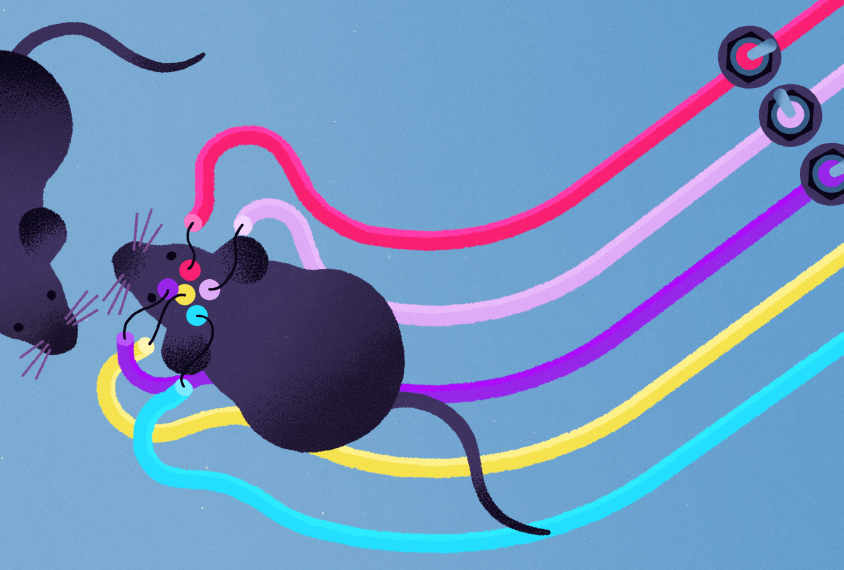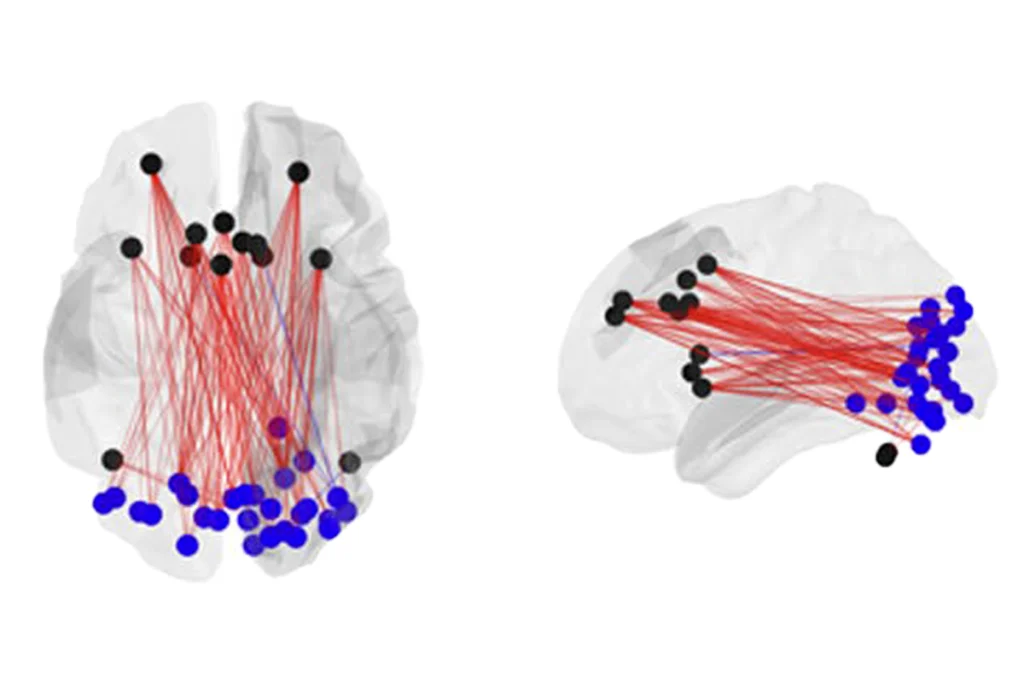Alan Lewis is assistant professor of psychiatry at Vanderbilt University in Nashville, Tennessee.

Alan Lewis
Assistant professor
Vanderbilt University
From this contributor
How to avoid common pitfalls when parsing circuit control of social behavior
When probing the circuits underlying social behavior in animal models of autism, researchers should consider potentially confounding variables, use multiple behavioral assays and report results in a descriptive and unbiased manner.

How to avoid common pitfalls when parsing circuit control of social behavior
Explore more from The Transmitter
Sleep doesn’t just consolidate memories; it actively shapes them
The rapid eye movement (REM) phase preserves newly acquired memories, but deeper non-REM sleep helps to adapt and update them, according to “heroic” day-long electrode recordings in rats.

Sleep doesn’t just consolidate memories; it actively shapes them
The rapid eye movement (REM) phase preserves newly acquired memories, but deeper non-REM sleep helps to adapt and update them, according to “heroic” day-long electrode recordings in rats.
Altered translation in SYNGAP1-deficient mice; and more
Here is a roundup of autism-related news and research spotted around the web for the week of 5 May.

Altered translation in SYNGAP1-deficient mice; and more
Here is a roundup of autism-related news and research spotted around the web for the week of 5 May.
Thinking about thinking: AI offers theoretical insights into human memory
We need a new conceptual framework for understanding cognitive functions—particularly how globally distributed brain states are formed and maintained for hours.

Thinking about thinking: AI offers theoretical insights into human memory
We need a new conceptual framework for understanding cognitive functions—particularly how globally distributed brain states are formed and maintained for hours.